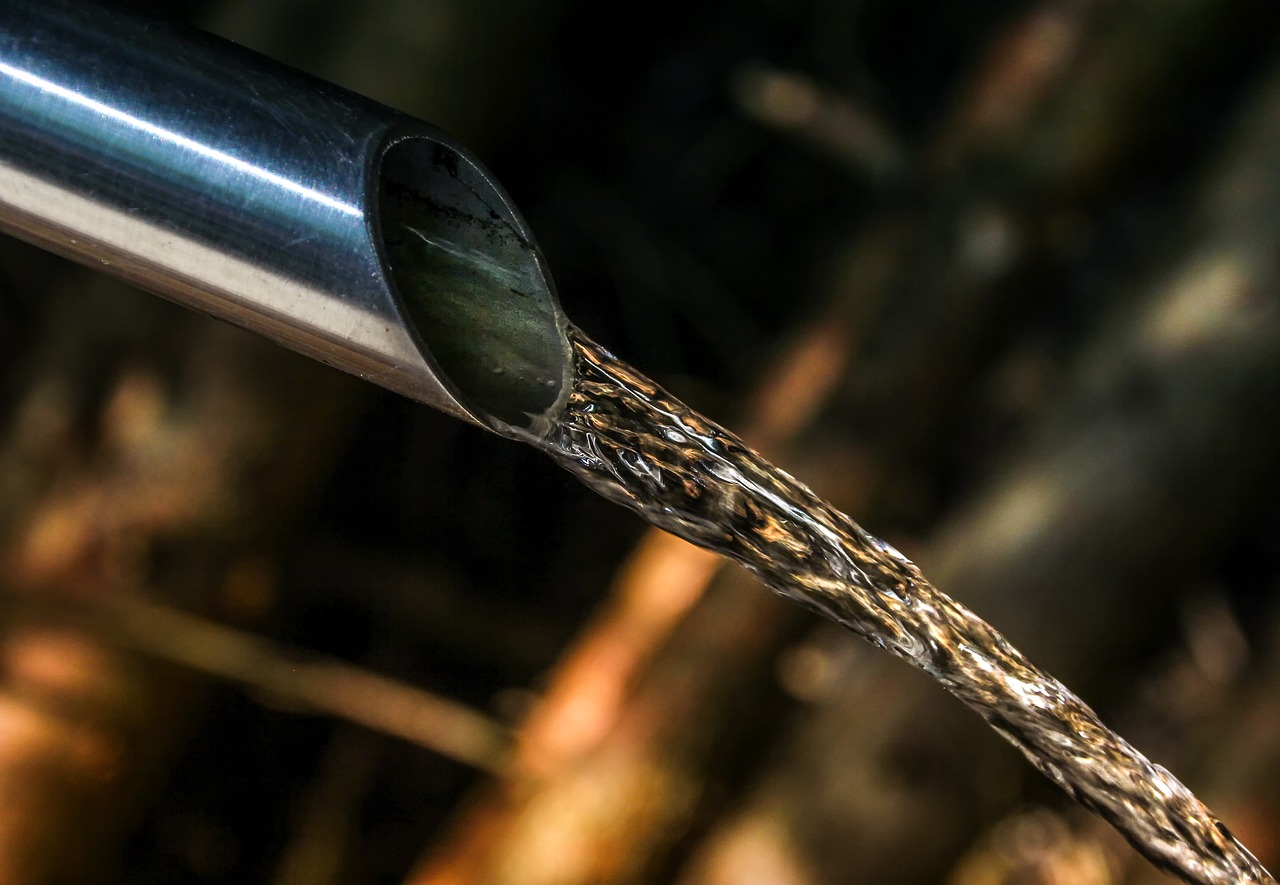
In order to determine its quality, water is tested for its biological, physical, and chemical content. The geographical and seasonal areas and seasons affect the water quality of lakes and rivers even in the absence of pollution. When we talk about water quality, no single measure applies. For instance, although irrigation water may not meet drinking water standards, it can still serve other purposes. The purpose of water quality recommendations is to safeguard various water uses. This is done by providing basic scientific knowledge regarding water quality parameters.
A number of anthropogenic (caused by humans) and natural factors can affect the quality of water.
Some of the most important things that influence water quality are:
Natural Events
Release of pollutants, erosion, water flow, and sedimentation are ways natural disasters like earthquakes, droughts, floods, and hurricanes can affect water quality.
Sustainable land use practices, protection of watersheds, prevention of pollution, and effective regulatory measures to preserve water resources and water quality are all part of the all-inclusive management plans necessary to address these problems.
Nutrient Levels
Eutrophication occurs when nutrients, especially phosphorous and nitrogen, are in excess. They can cause an overabundance of aquatic plants and algae to flourish. The result can be an environmental imbalance and the death of the fish population. This is due to the low oxygen levels in the water.
Bacterial Contamination
The contamination of water supplies by pathogenic microbes like viruses, protozoa, and bacteria can spread waterborne diseases like gastroenteritis, typhoid, and cholera.
pH Levels
You can tell how alkaline or acidic water is by looking at its pH. Human and natural-caused events can change the pH levels of aquatic ecosystems and the organisms’ capacity to survive and thrive.
Dissolved Oxygen
The survival of aquatic organisms depends on sufficiently high concentrations of dissolved oxygen. Various factors can affect the concentration of dissolved oxygen in water. This includes organic matter decomposition, nutrient levels, and temperature.
Toxic Substances
Contamination of water bodies by harmful substances such as heavy metals, pesticides, industrial chemicals, and others can endanger human health and aquatic life.
Temperature
The metabolic rates of aquatic creatures and the solubility of gases like oxygen are both affected by the temperature of the water. Temperature changes can impact water quality and aquatic life, whether due to human activity like thermal pollution or natural occurrences.
Land use changes and urbanization
Changes in land use and urbanization have the potential to pollute sewage discharge and stormwater. This can lead to an increase in impervious surfaces and change the hydrological process, among other things.
Contamination
Sewage discharge, inappropriate waste disposal, agricultural runoff, and industrial discharge are a few types of pollution that can drastically reduce water quality. Sediment, nutrients (such as phosphorus and nitrogen), chemicals, pathogens, and heavy metals are all contaminants.
Sedimentation
Erosion is a natural process that can contribute to sedimentation. However, it can increase due to human activities like mining, building, and clearing land for farming. This, in turn, increases deposition in bodies of water. Suffocation of aquatic habitats decreases light penetration, and degrading water quality can result from excessive sedimentation.
Importance of water quality
Water quality is critical for several social, public health, environmental, and economic reasons.
- Effect on the Environment
Oceans, lakes, and rivers are all parts of aquatic ecosystems. For this reason, when water quality is poor, it can hurt those ecosystems and the plants and animals that live in them. Ecosystem disruptions due to sedimentation, excess nutrients, or chemical contaminants can cause habitat destruction, toxic algal blooms, or decreased biodiversity.
 Long-Term Sustainability:
Long-Term Sustainability:
Protecting and improving water quality is essential for water resources to be sustainable in the long run. Sustainable water management techniques aim to strike a balance between human demands and the protection of ecosystems and the water cycle is the goal of sustainable water management techniques. Stakeholder engagement, well-crafted regulations, and financial expenditures in water infrastructure and technology are all essential for resolving water quality challenges.
- Economic Repercussions
When water quality is low, it can devastate industries, including agriculture, tourism, energy production, and manufacturing. Legal liabilities, regulatory fines, and expensive treatment procedures could result from polluted water. Furthermore, industries dependent on freshwater supplies, such as agriculture and fisheries, may feel the effects of deteriorating water quality.
- Drinking Water Supply
Water quality directly correlates with the availability and safety of drinking water. Everyone, from industries to cities to homes, depends on a reliable potable water supply for daily needs like sanitation, cooking, and washing. Ensuring excellent water quality reduces the need for complex treatment methods and safeguards public health.
- Recreational Use:
People are able to enjoy fishing, boating, and swimming when there are clean bodies of water to do so. Poor-quality water may curtail these pursuits due to the potential health risks of pathogens and pollutants. Keeping water quality high helps the tourism industry and increases the recreational value of water resources.
- Food Security and Agriculture:
Water quality directly impacts food security and agricultural output. Using polluted water for irrigation can compromise the quality and safety of our food supply. This is because it introduces pathogens and contaminants into crops. Clean water supplies are also essential for aquaculture and livestock operations to keep animals healthy and stop the spread of disease.
- Public Health
Everyone needs to be able to drink safe and clean water. Water contamination with parasites, viruses, and bacteria can lead to the development of waterborne diseases such as typhoid, dysentery, and cholera. In areas where people don’t take the time to clean themselves properly, the water supply can be a major source of disease and even death.
Conclusion
In order to promote sustainable development, preserve economic activities, keep the environment safe, and keep people healthy, it is crucial to have excellent-quality water. Preventing pollution and reducing its effects on water resources calls for proactive measures, effective regulation, and nonstop monitoring.
